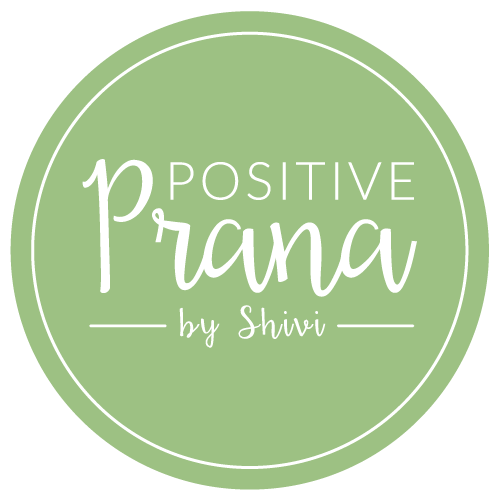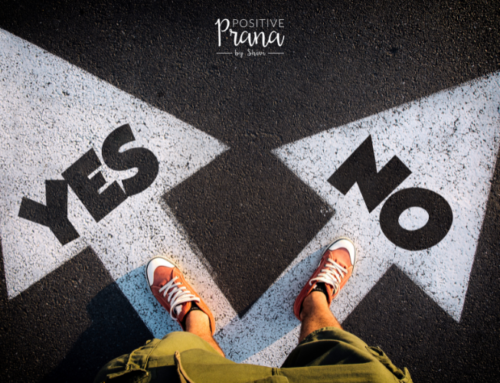Depression is a medical condition that interferes with your ability to complete daily activities, such as getting up in the morning, completing your schoolwork and even hanging out with friends. It is characterized by an overwhelming sadness that goes on for a few weeks or months.
Signs and Symptoms
- Feelings of emptiness, and in some cases, it feels like you’re not feeling anything
- Feeling of hopelessness, like nothing is going to get better
- Losing interest or pleasure in activities you enjoyed before
- Being restless/having trouble sitting still
- Having trouble concentrating and remembering things
- A change in sleeping habits (sleeping too much or too little)
- Becoming frustrated or upset more easily than usual
- Feelings like you want to harm yourself or would be better off dead**
**IF you are having feelings of self-harm or like you want to kill yourself, consult the International Suicide and Emergency Hotlines with Open Counselling https://www.opencounseling.com/ suicide-hotlines
Resources are listed by country and you can click on the ‘more hotlines’ and ‘in-person counselling’ tabs to get further help.**
Behavioural Changes
- Grades dropping
- Not seeing friends/ less desire to spend time with others
- Lack of interest in extracurricular or activities
- A decline in personal hygiene (i.e., reluctance to shower, brush teeth or take care of oneself)
- Feeling like your head is in the clouds
- Having trouble forming words or thoughts
How Can I Get Help?
- Tell a parent or trusted adult how you are feeling. Although it might be hard, it’s important to express your feelings in a safe place. See below for a Letter to a Loved One template to help you put your feelings into words.
- Consult with your family doctor about options for medication and therapy. Usually, depression is treated using a combination of both approaches.
- Go easy on yourself. This is a difficult time for you and you may not do everything perfectly. Try to use some of the following strategies to boost your mood:
- Take a walk with a friend or family member
- Listen to music that you love
- Have a “self-care night where you do things that make you feel good (i.e., bubble bath, play some video games, watch a movie)
- Write down“I am Good Enough” on a piece of paper in big letters. Make it as colourful as you want and put it in a place where you can see it when you wake up in the morning (i.e., by your bed or in your bathroom).
- If You Have a Friend Who You Think May Be Experiencing Depression…
- Encourage your friend to talk to a supportive adult who can connect them to a health professional.
- Be supportive, patient and encouraging, even if you don’t know everything that’s going on.
- Invite your friend to social activities even if you know they’ll say no. It’s important for them to feel like they are still connected.
- Offer to hang out with them one on one or in a smaller group.
- If your friend mentions suicide, IMMEDIATELY talk to a trusted adult as soon as possible, who can get them the help they need.
References
■ National Institute on Mental Health. (2021). Teen Depression. Retrieved on April 21, 2021 from https://www.nimh.nih.gov/health/publications/teen-depression/teendepression_20- mh-8089_150205.pdf.







Class aptent taciti sociosqu ad litora torquent per connubial rostra.
Quisque ligulas ipsum, euismod atras vulputate iltricies etri elit.